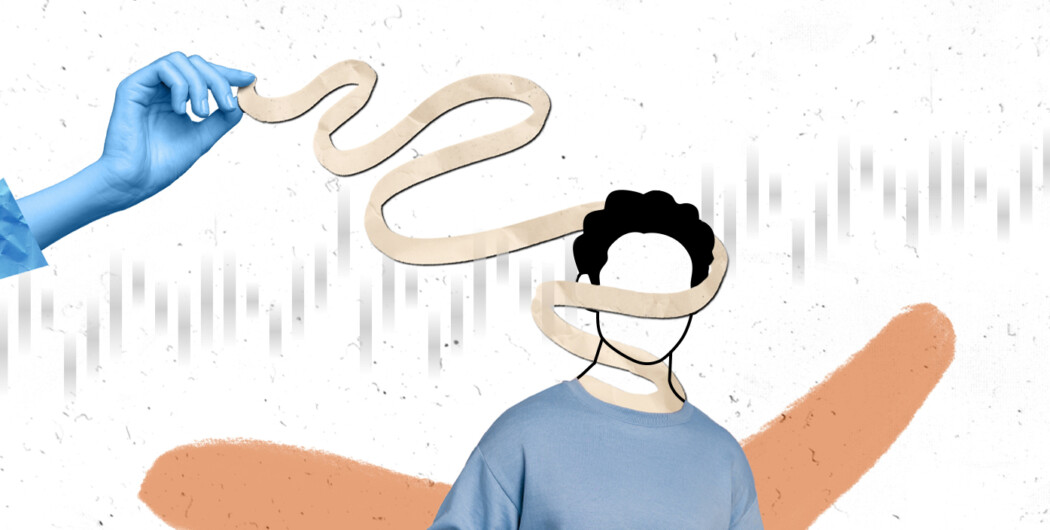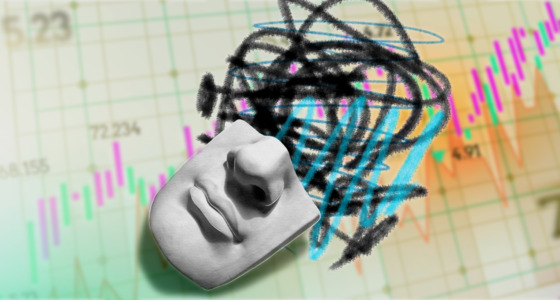

Did you know that the famous writer Ernest Hemingway had a habit of writing exactly 500 words per day? He believed in the power of consistency and avoided procrastination in all his writing projects. That is an example of a brilliant habit that promotes progress.
Just like in writing, habits play a crucial role in the world of trading. If you want to learn how habits can help or hinder your trading performance and what you can do about it, this article’s for you.
Do habits matter?
Yes, habits have a profound impact on your daily life. It can greatly influence your results and outcomes, including in the realm of trading.
In his book Atomic Habits, James Clear suggests that positive and negative habits tend to accumulate over time. Although these habits may not appear to make much difference in a single day, don’t underestimate their long-term effects. Clear uses the concept of compounding to illustrate this idea. If you improve by just 1% each day, the cumulative effect over a year is remarkable, which will result in a 37-fold improvement.
This principle applies to both positive and negative behaviors. Therefore, small, consistent actions can lead to significant positive changes, but they can also have negative consequences if hindering habits persist.
Helpful habits
In this section, let’s explore a few helpful habits that can empower you to create a framework for achievements, protect your capital, and maintain a balanced approach to trading:
Consistency and persistence
Consistency means sticking to your strategies, staying updated with market trends, and continuously improving your skills. It’s like flexing your trading muscles regularly to stay sharp at any time. As for persistence, it’s that inner fire that refuses to let you quit. If you have it, you can weather storms and avoid impulsive choices that can derail your performance.
Risk-reward assessment
Always evaluating the risk and potential reward of each trade is a crucial habit in trading. With achievable profit targets and sensible risk limits, you get a clear roadmap for your trades.
This may sound obvious, but the thing is that it’s not just about going through a mechanical checklist. It’s about truly internalizing the process and making it a natural part of your
decision-making.
Keeping a balanced schedule
You should be concerned about the routines and behaviors you adopt in your daily life as much as you are about the technical aspects of trading. The habit of maintaining balance allows you to allocate time for various activities and ensure that trading doesn’t overshadow other important aspects of your life. The positive outcome is preventing burnout and approaching trading with a clear and focused mindset.

Hindering habits

With a few good habits out of the way, let’s take a look at the not-so-good habits. Recognizing and overcoming these hindering habits is a vital step if you want to keep trading long-term.
Impulsivity
In the fast-paced world of trading, impulsive decisions can be a trader’s worst enemy. Picture this: you’re caught up in the thrill of the market, making quick moves without considering the consequences. That’s impulsivity in action. It’ll turn into a wild roller coaster ride, taking you on unpredictable loops and turns.
Revenge trading
A revenge trader is someone who’s fueled by frustration and burning with a desire to “get even” with the market. They throw caution to the wind and take impulsive, excessive risks, hoping to turn the tables in their favor. But more often than not, this approach leaves them trapped in a vicious cycle.
Frequent portfolio checking
At first glance, it seems like a diligent habit, keeping you informed and ready to pounce on opportunities. But there comes a point when you’re obsessively monitoring your portfolio and falling victim to the allure of overtrading. Emotions also come into play, so this is not a habit you’ll want to hold on to.
Breaking negative habits and building positive habits
Let’s finish it off with tips and suggestions to set you on a path of continuous improvement, filled with positive choices and meaningful change:
- Instead of focusing solely on stopping the negative habit, find positive alternatives to replace it.
- Associate your desired habit with a specific trigger or cue. For example, if you want to develop a habit of keeping a trading journal, associate it with the completion of each trade.
- Remove or avoid the cues and temptations that trigger undesirable habits.
- Treat yourself to something enjoyable.
- Share your habit-building efforts with a trusted friend, a family member, or join a supportive trading community.
Finally, celebrate small achievements along the way and stay focused on your long-term goals!
Sources:
Atomic Habits, James Clear
Habits Matter More Than You Might Think — These Tips Can Help the Good Ones Stick, Healthline
Breaking Bad Habits – Overcoming Negative Behaviors, Mind Tool









